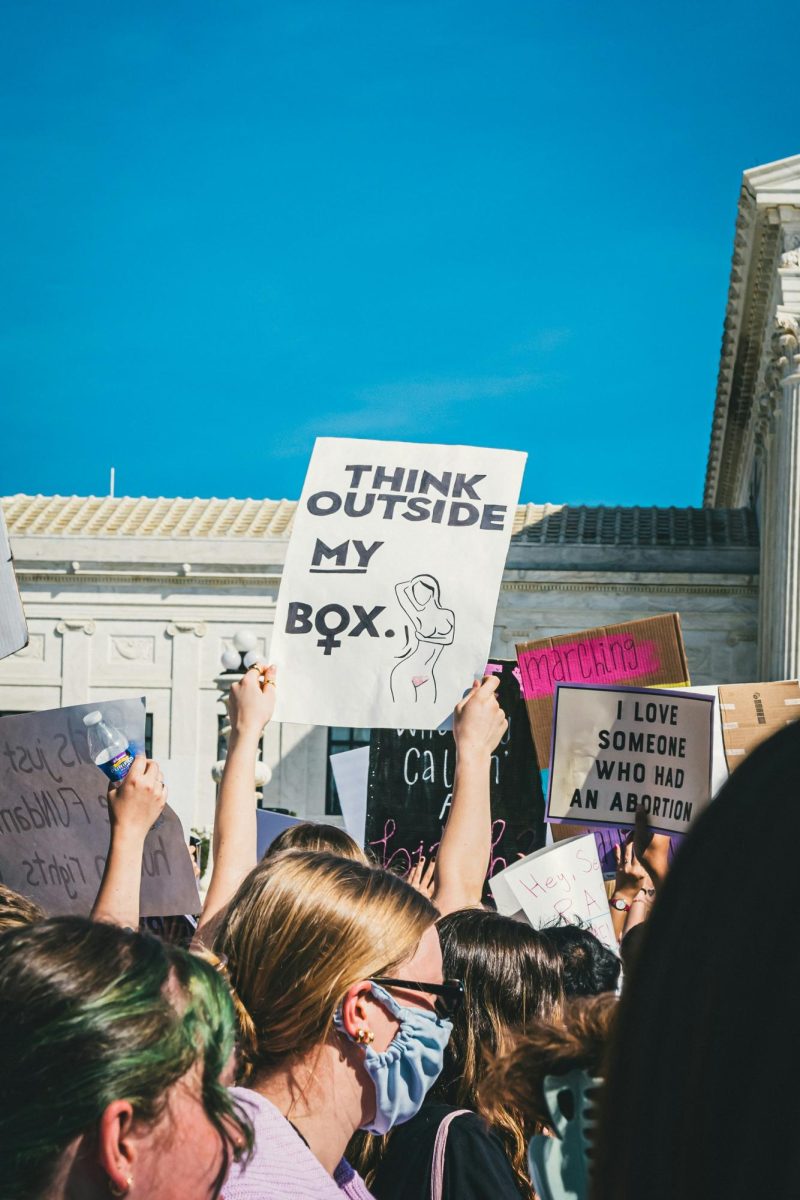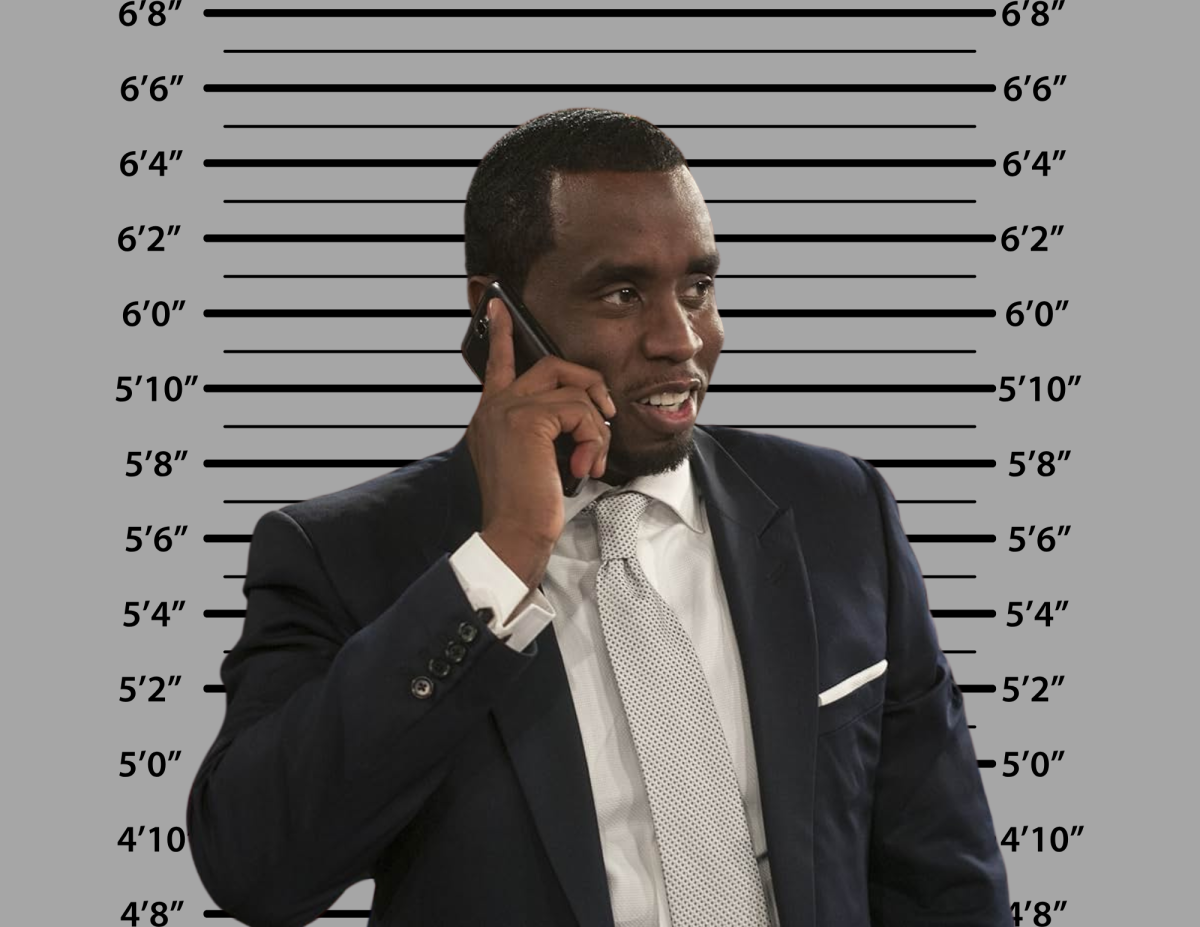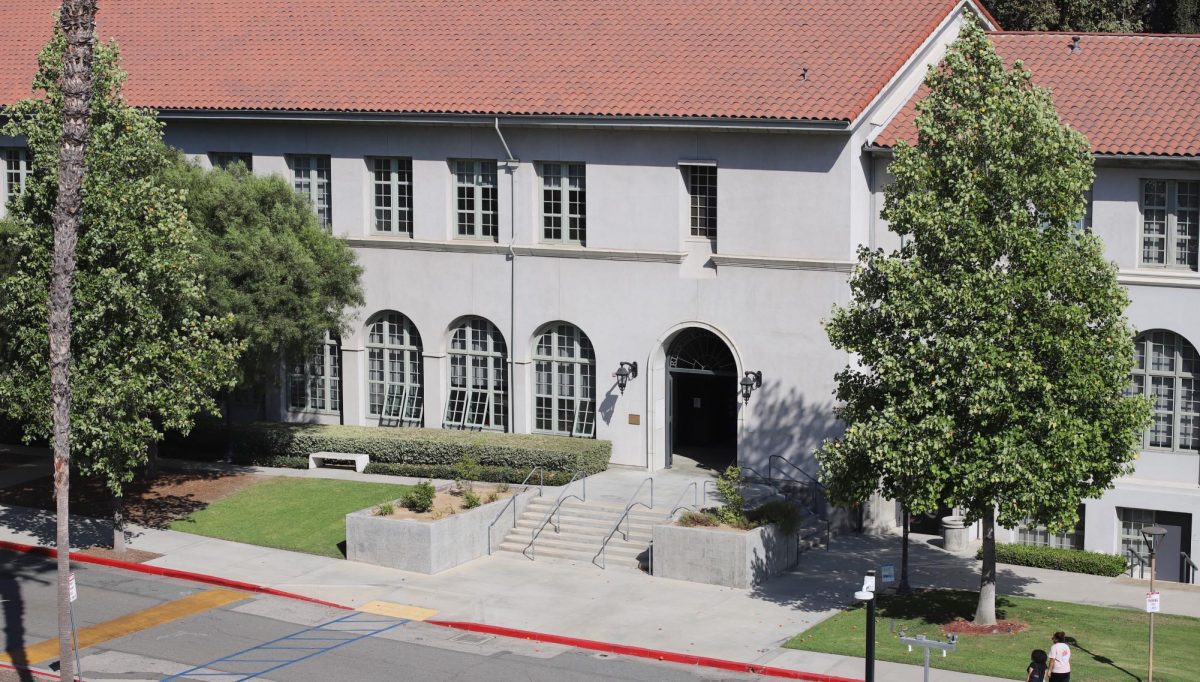Written by Victor Duran
Department of Justice demands that Apple help with investigation

The Federal Bureau of Investigation has been working around the clock to collect intel on the mass shooting which took place at a San Bernardino Public Health facility in December.
The FBI has been working with Apple in an attempt to extract information from a locked iPhone that was found in the alleged terrorists’ home, but this time the government has gone too far.
With San Bernardino shaken by the recent attack, and the FBI on an around the clock investigation for evidence to connect collected Intel to Syed Rizwan Farook and Tashfeen Malik, the FBI’s investigation has taken it too far in a recent disagreement between Apple Inc.
It is speculated that the iPhone 5c owned by Farook potentially holds evidence that may link to future attacks. Apple has refused to breach and disable the security features, claiming that this would have the effect of undermining data security for all Apple customers. Rightfully so, if the FBI were to get a hold of such security that means all of those with iPhones are susceptible to having their personal information exposed to the government against their will.
Apple refuses to provide such power to the government, w i t h t h e overall security of the
most successful products at company’s most successful products at risk of being hacked into with a warrant from the FBI.
This has raised some eyebrows from journalists and human rights activists, whose security could be in great potential danger if the U.S. courts were to force Apple’s hand.
If Apple complied to the U.S. government in providing the software, the same principle could be used to pressure Apple in countries like China, where activists have already experienced loss in data privacy over the Internet.
If Apple were to comply, the government could easily confiscate or hack iPhones and gain access to encrypted data. This case does not only affect Apple, but every major company in having the authority to refuse delicate personal information from being in the possession of the government.
The gesture made by theFederal Bureau of Investigations has thwarted efforts to reach any compromises between these companies over past investigations.
Apple has done all that they can to comply with authorities, showing the options to what can be done within the technologies power to access the concealed data.
Only now there are no more steps for Apple to take, leading the FBI to believe that something must be done.
In a related article from the Los Angeles Times, Cindy Cohen, executive director of the Electronic Frontier Foundation based in San Francisco, states that “Law enforcement doesn’t just want this for terrorist cases, they want it for every case.”
In fact, this is not the first time that the FBI has tried to force Apple’s hand using the All Writs Act to access the contents of a locked iPhone, according to the LA Times.
In a New York case, the FBI asked Apple to unlock an iPhone in a drug probe. The FBI lost the case.
This time, the FBI wants Apple to go a step further, by creating a software that could be used to unlock any phone of the same model.
Apple’s Chief Executive Tim
Cook says the development of this new software would set a “dangerous precedent,” putting millions at risk of being hacked into, according to an interview with Bloomberg Politics.
Building this backdoor to the iPhone is asking for something that Apple simply does not have, and developing this software would put every iPhone user at risk.
The only way the FBI can access this decryption code is to find someone who knew the code to the iPhone, since Apple did not design the new iPhones for them to hold the decryption key.
Some of the biggest names in the tech industry, including Facebook owner Mark Zuckerberg, Microsoft’s Bill Gates, among some of the top Silicon Valley companies such as eBay, LinkedIn and Twitter, are backing Apple in it’s case to protect the breaching of decryption.
With their help, these companies are stressing the importance of keeping this code intact for the safety of their companies and the general public.
Decryption helps keep documents safe and allows for the transportation of delicate documents throughout the Web.
This is not just a fight for one company. This is a fight for safety of the Internet.









